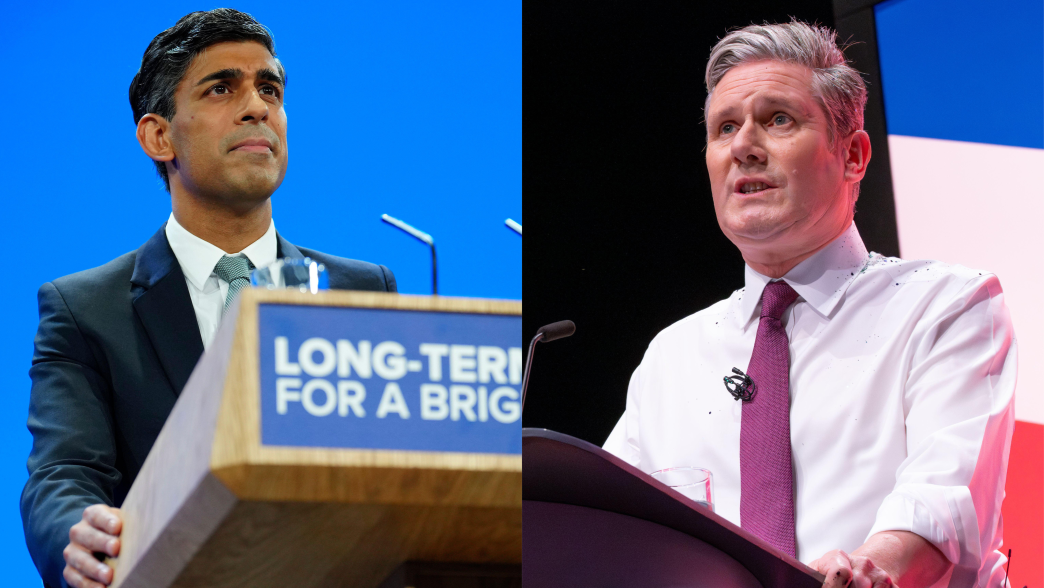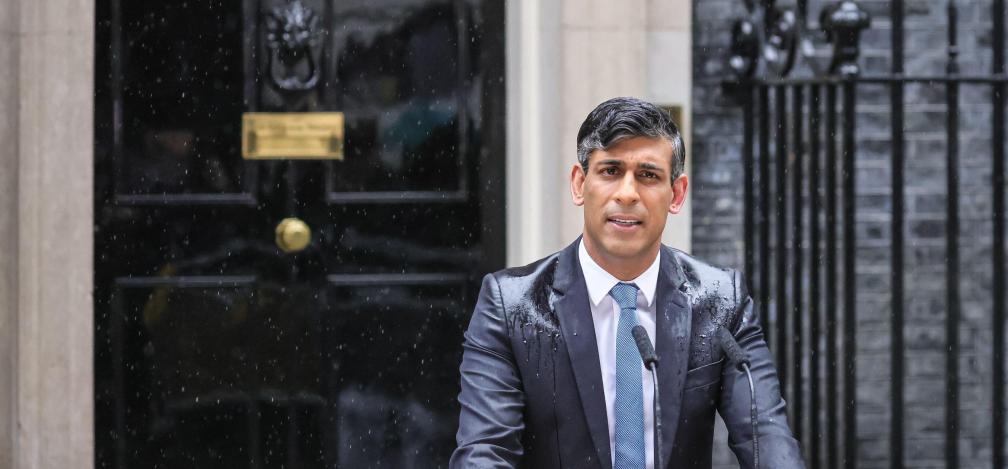It is time for a general election
Will voters be persuaded by Rishi Sunak's plea to stick with his plan or Keir Starmer's call for change?

The country is ready for a general election – and will have high expectations of whichever party forms the next government, writes Hannah White
General election 2024
IfG experts set out what happens before and during a general election, how political parties and the civil service prepare for the election outcome and what it means for government.
Visit our election hub